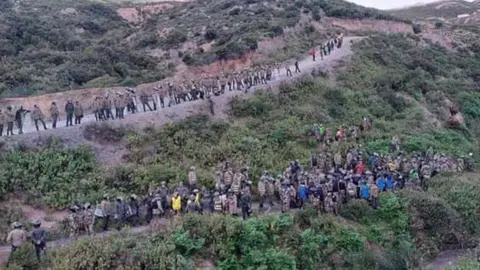Morocco arrests 60 people for promoting irregular migration on the internet
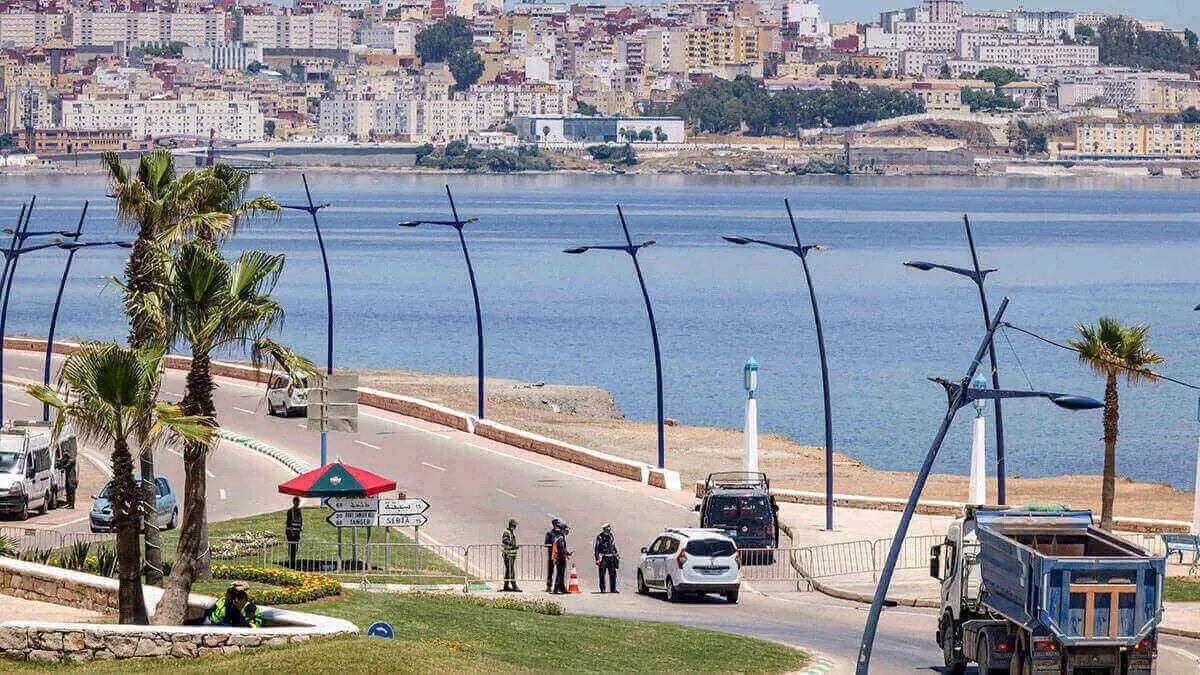
Police in the northern Moroccan cities of Tangier and Tetouan have this week arrested 60 people, including minors, for their alleged involvement in the fabrication and dissemination of fake news on social networks to encourage irregular migration.
In recent days, a viral campaign has spread on social networks directly inciting young people to cross the security barrier between the Moroccan city of Fnideq and the Spanish enclave of Ceuta.
As reported by the Moroccan news agency MAP, the campaign also encourages users of certain social networks to participate in collective irregular migration.
Technical investigations on the ground allowed the police to identify and arrest 13 people involved in the publication and dissemination of digital content based on data provided by the General Directorate of Territorial Surveillance (DGST).
On the other hand, police also arrested 47 other suspects in Tangier upon their arrival in the city through the train station and bus terminal.
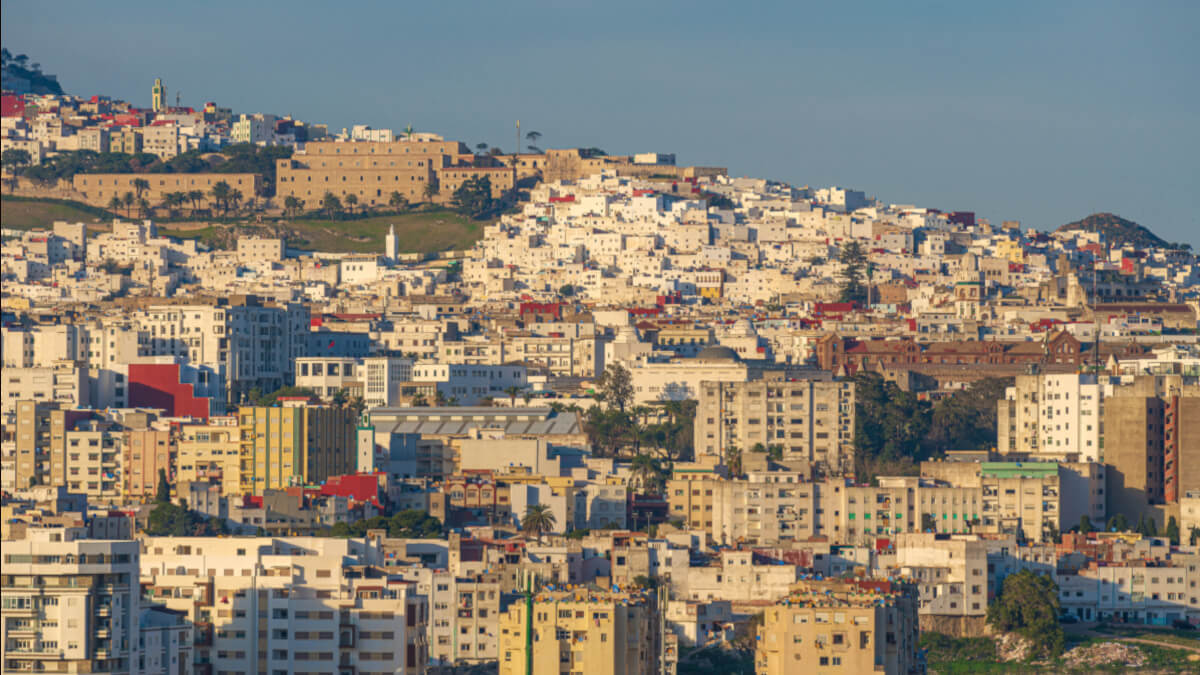
All the detained individuals are subject to judicial investigation to discover the real motives behind the act, while investigations continue to identify all those involved in the fabrication and dissemination of false content and news promoting irregular migration.
Specifically, the messages, circulating mainly on TikTok and Instagram, urge young Moroccans to gather in the border town of Fnideq and attempt to cross Ceuta through the El Tarajal border.
A total of 39 people, all of Algerian and Tunisian nationality, who have already been repatriated by the Moroccan authorities, were also going to join this plan. According to El Faro de Ceuta, they were all in the country illegally and were planning to enter the city of Ceuta illegally.
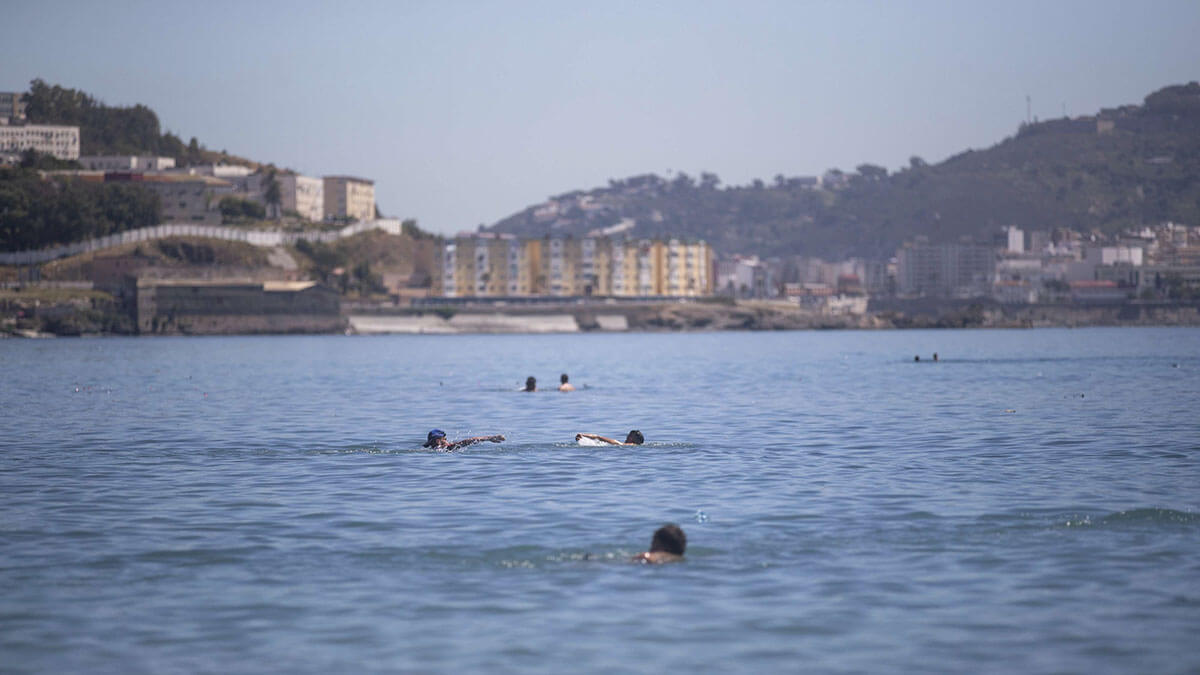
‘These immigrants were repatriated from the country to Tunisia on Tuesday (five people) and Sunday (34 people). All those involved left from Morocco on flights that departed from Mohamed V International Airport in Casablanca,’ the Spanish media reported.
The Algerian nationals were repatriated via Tunisia due to the absence of direct flights between Morocco and Algeria, a consequence of the diplomatic rift between the two neighbouring countries.
Morocco has been stepping up its efforts to tackle irregular migration for years. In this regard, according to data from the Spanish news agency EFE, Moroccan security services prevented a total of 14,648 migrants from entering the Spanish enclaves of Ceuta and Melilla during August.
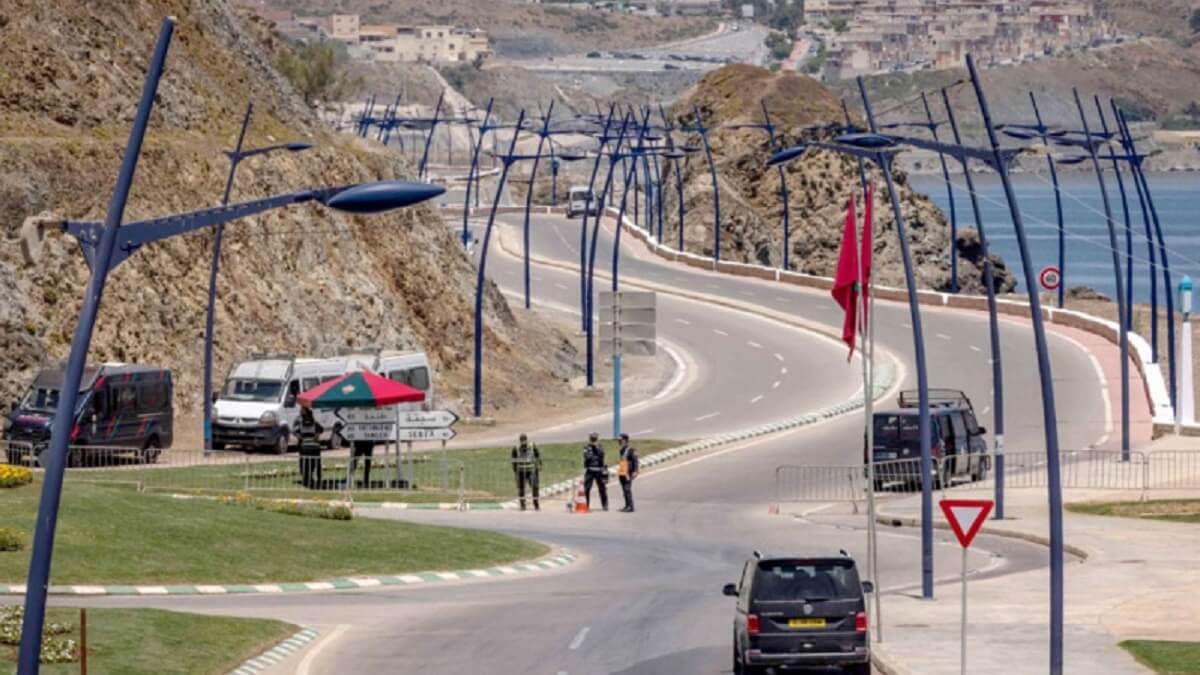
Last year alone, Moroccan police detained some 28,863 irregular migrants, including 18,820 individuals of different foreign nationalities. Some 121 criminal networks were also dismantled and 594 people linked to illegal migration were arrested.
Police also confiscated 707 forged identity documents related to irregular migration cases, as well as 215 boats and 31 vessels used to attempt illegal border crossings.

